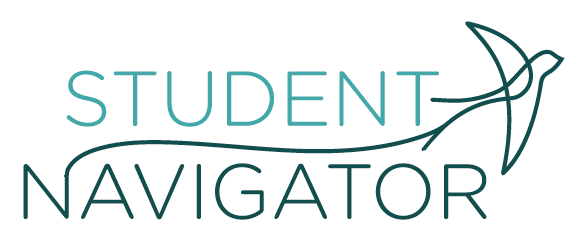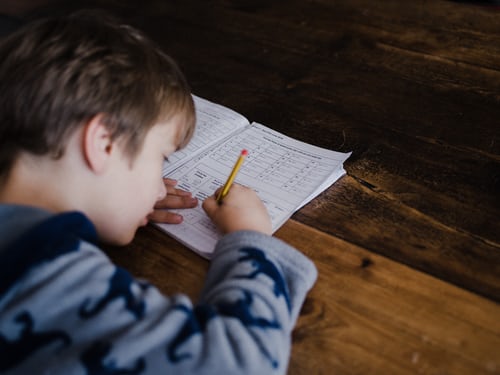Building resilience and confidence through primary mentoring.
For those working in Education, Autumn marks the start of a new academic year and a fresh start. However, we are slowly realising that living with COVID 19 doesn’t mean a ‘normal’ new year and a return to the life we knew beforehand. With government restrictions limiting our working lives, social contact and interaction, there is more possibility than ever before of people feeling isolated and alone.
Having basked in the joy of some much needed space and time when my own children returned to school, I felt a deepening awareness of the disadvantages of home working: lack of exercise, contact with people, and a narrowing perspective on life correlated to an increasing sense of anxiety. My own self-awareness led me to actively think about manageable changes I could make to help.
I now join an increasing number of local parents who have taken to walking the two miles to and from school so as to build in some exercise in to the working day, and to gain time in the ‘real world’ and away from screens. I have joined an online book group and signed up to two online learning courses, whilst also rediscovering some forgotten recipe books and podcasts. I have recognised my own need for social interaction and shared interests to feel joy and purpose, so have actively sought out those opportunities.
Navigating inevitable change and challenge in life successfully relies on an individual’s ability to self-regulate, and their awareness of their own strengths and weaknesses. This is known as metacognition – the knowledge of skills, strategies and approaches that aid motivation and engagement with a task, and support resilience when this task becomes challenging. Within school, successful learners are those children who can manage their learning independently because they have the skills to monitor, direct and review their learning.
“Resilience is knowing that you are the only one that has the power and the responsibility to pick yourself up.” Mary Holloway
Supporting primary aged children in building resilience and confidence means stepping back and allowing children to experience difficulty, challenge and struggle which can be hard for parents. https://www.mindful.org/helping-children-embrace-big-emotions/
Primary mentoring focuses explicitly on developing self-awareness by teaching children strategies to support their focus and attitudes to learning. It supports children to reflect on areas of learning where they are successful and explores the learning behaviours and tools that help. Primary mentoring also enables children to consider areas of difficulty and challenge, and to consider what contributes to failure, and what can be learned as a result.
I recently mentored an engaging, creative and imaginative Y5 boy who considered himself to be popular in the playground and a good friend, but who did not think he was ‘smart like the good learners in the classroom.’ After unpicking what good learning looks like, it emerged that he was very reluctant to make mistakes and felt uncomfortable when work set was at a level that required some deeper thinking and resulted in some healthy struggle. He noticed the success of his classmates but was unaware of the strategies and techniques they used to deal with challenge. He came to the conclusion that experiencing struggle meant he wasn’t ‘smart’.
Mentoring sessions for him therefore focused on:
– Developing awareness of strengths and weaknesses in core subjects and learning behaviours (I am really good at……. I find……. difficult)
– Planning how to approach learning, and ways to break open ended tasks down into manageable chunks by considering prior learning, knowledge and experience. (What do I already know? Have I done something like this before? What can I use to help me?)
– Reflecting and evaluating to allow him to consider how useful a learning strategy was, what he did to apply it successfully, and how he might use it again in the future. (What did you use to make that easier? When you feel stuck, what could you try first?)
– Building confidence and making success explicit to reinforce the reward of resilience and sticking at something hard.
Using games, photos, books to stimulate sensitive discussion and careful questioning, we built a bank of tasks and resources that documented his mentoring sessions and served as a reminder of the work we did together. His parents attended every session, supporting by reminding him of the tools and strategies to use for learning at school and home.
Following lock down, children may feel more struggle and challenge than ever before as teachers work to tackle the months of missed learning. Children who thrived working at home with relative peace and quiet, may now find focussing and working productively in a busy classroom tricky. Here at www.studentnavigator.co.uk we can offer bespoke mentoring for primary students who need support adjusting to the demands of being back in school. Contact us today to find out how we can support your child.

